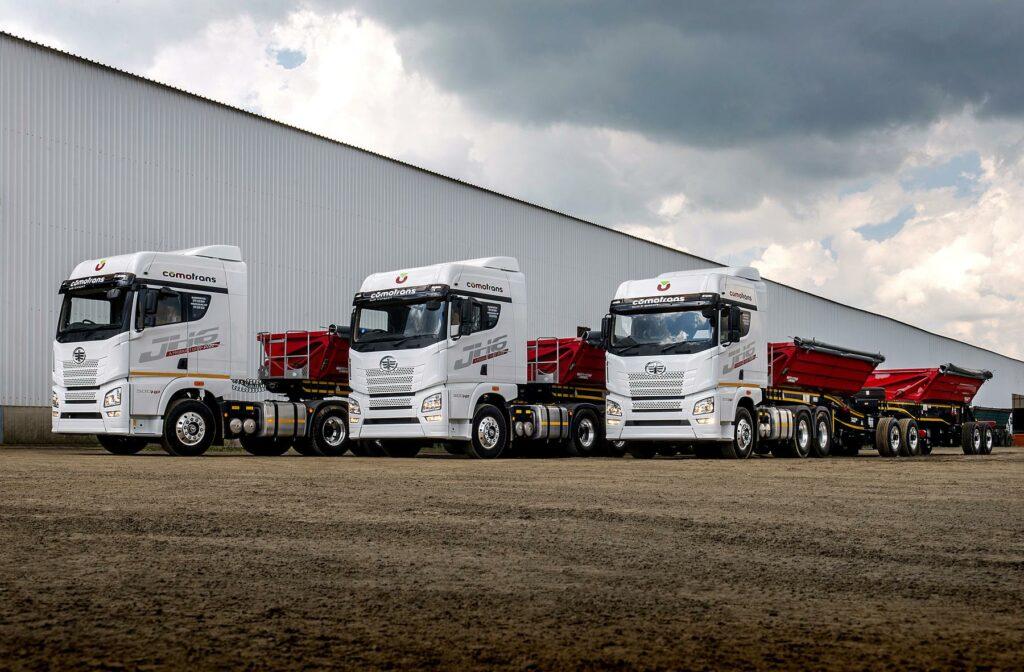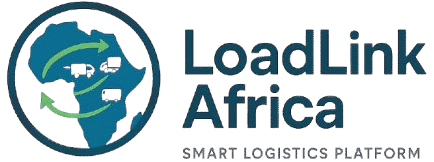
The Future of Trucking in Africa: Opportunities and Challenges
The trucking industry in Africa is a vital backbone for economic growth, connecting cities, rural areas, and ports, and facilitating trade across the continent. As Africa’s economies grow and infrastructure develops, the future of trucking holds immense promise—but it also comes with unique challenges. In this article, we explore the emerging opportunities and obstacles shaping the future of trucking in Africa.
Opportunities Driving Growth
1. Economic Expansion and Trade Integration
Africa’s economies have been growing steadily, with regional trade blocs such as the African Continental Free Trade Area (AfCFTA) aiming to boost intra-continental trade. This integration creates an increasing demand for efficient freight transport and logistics services, positioning trucking companies at the heart of this transformation.
2. Advancements in Technology
Modern technology is revolutionizing trucking worldwide, and Africa is no exception. Fleet telematics, GPS tracking, and mobile apps are improving route optimization, fuel efficiency, and driver safety. Digital freight marketplaces, like LoadLink Africa, connect shippers and carriers more effectively, reducing empty miles and maximizing asset utilization.
3. Infrastructure Development
Governments and private investors are investing in road networks, bridges, and logistics hubs to improve connectivity. Better infrastructure reduces transit times and vehicle maintenance costs, helping trucking companies operate more efficiently and reliably.
Challenges to Overcome
1. Road and Border Infrastructure Gaps
Despite improvements, many regions still suffer from poor road conditions and slow customs clearance at borders. These bottlenecks cause delays, increase costs, and discourage investment in trucking operations.
2. Driver Shortages and Training
The trucking industry faces a shortage of skilled drivers, exacerbated by aging workforces and limited training facilities. Improving driver education and working conditions is essential to meet growing demand safely.
3. Regulatory and Compliance Issues
Diverse regulations across countries, including weight limits, permits, and safety standards, complicate cross-border trucking. Harmonizing policies and enforcing compliance will streamline operations and enhance safety.
Embracing Sustainability
Sustainability is becoming a key focus in trucking globally. African trucking companies are beginning to explore cleaner fuel options, such as biodiesel and electric vehicles, and adopt eco-friendly driving practices to reduce emissions and operating costs.
Conclusion
The future of trucking in Africa is full of potential but requires collaborative efforts between governments, businesses, and technology providers to overcome challenges. Platforms like LoadLink Africa are playing a crucial role by leveraging technology to make freight transport more efficient, transparent, and accessible.
